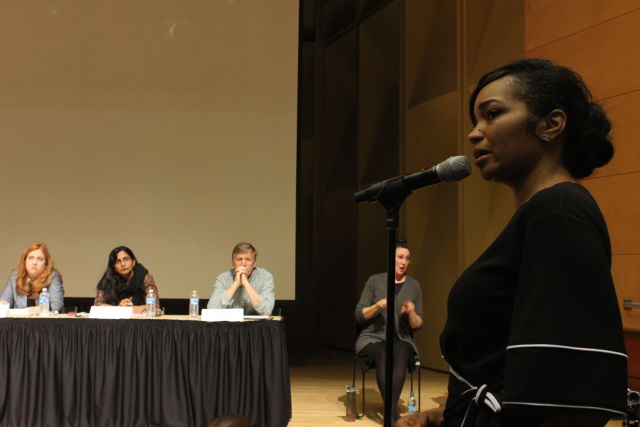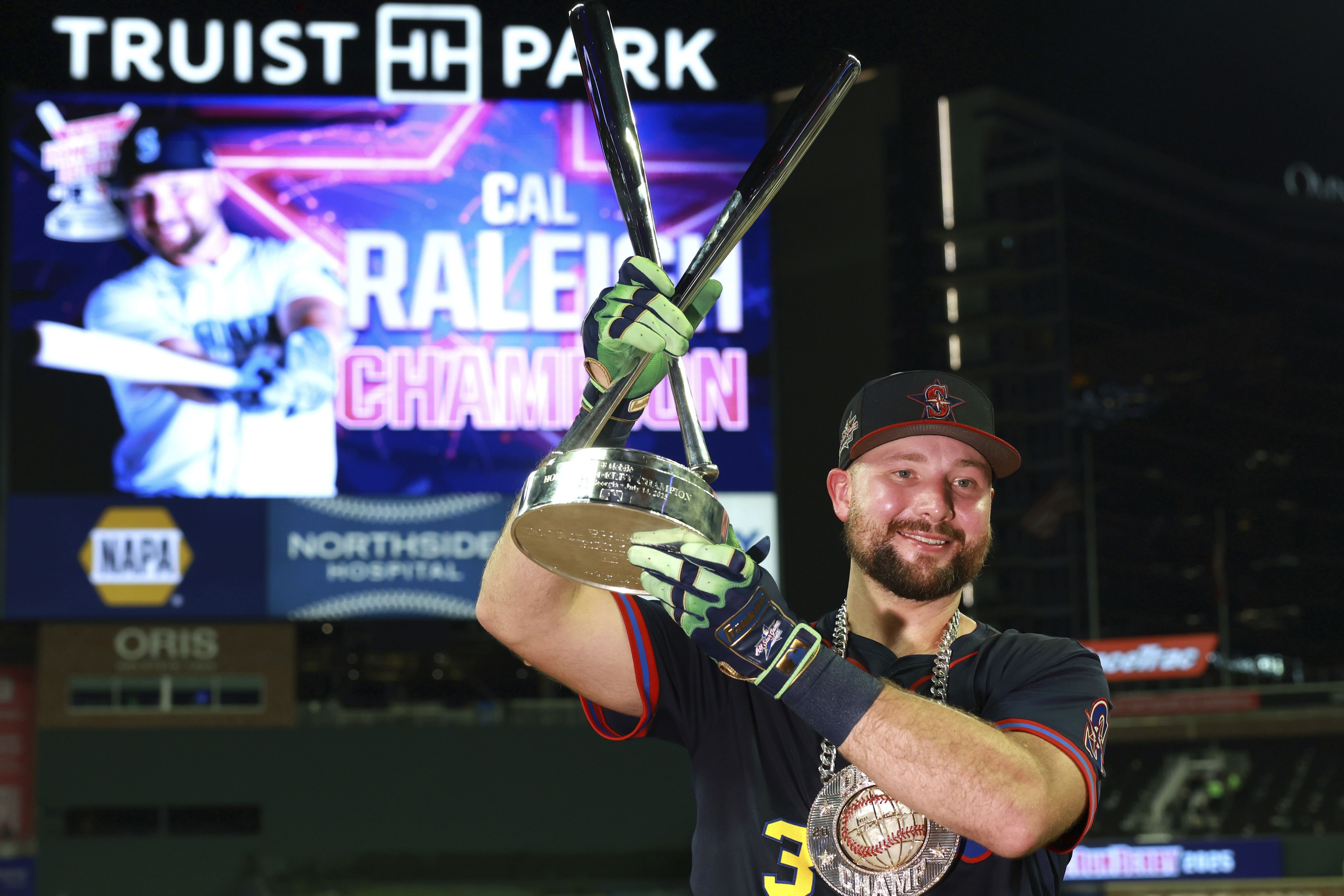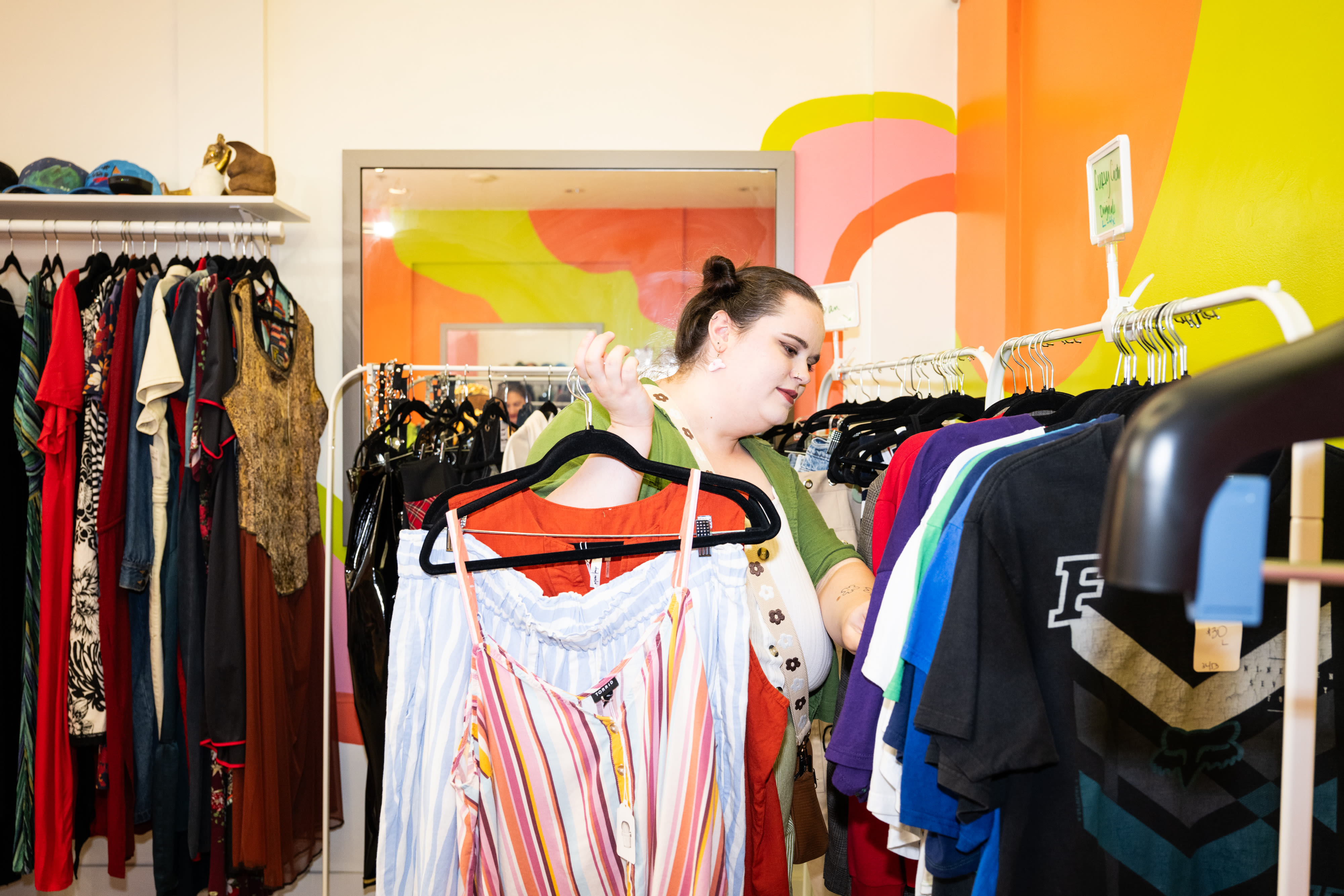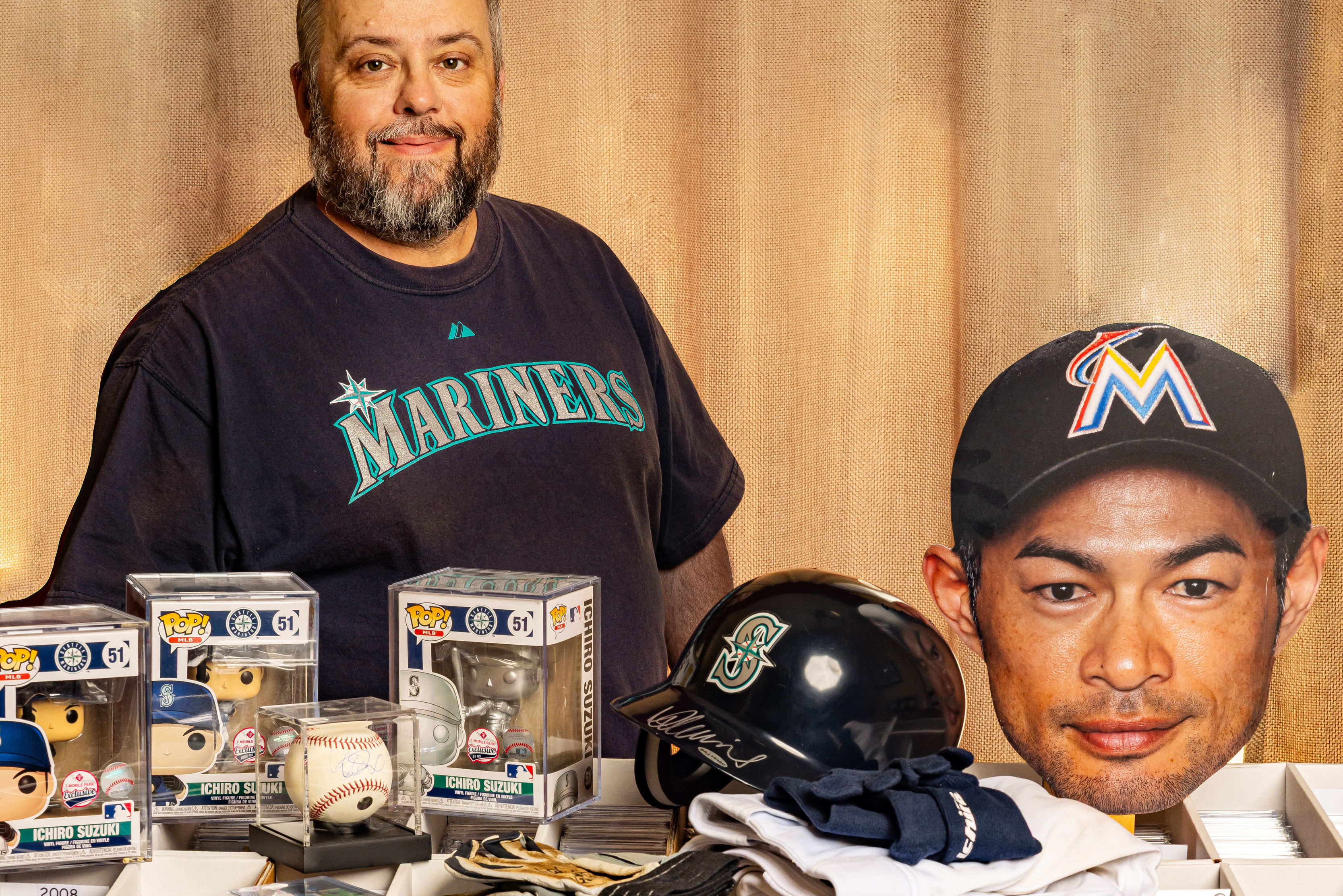Black Women Take the Mic at the Hearing for Charleena Lyles

Sheley Secrest, NAACP leader who's running for city council, said council members have a responsibility to protect people of color and said the system was failing them.
Image: Hayat Norimine
It wasn't like any other public hearing.
The room in Kane Hall was packed Tuesday night with outraged members of the public and a few members of Charleena Lyles's family, including her father, Charles Lyles, who traveled from Lancaster, California, to bury his daughter's body. The message was clear from the public who attended the city council hearing on the shooting of Charleena Lyles—enough is enough, and something has to change.
"Every time I mention my daughter's name, I start crying. She's never coming back," he told PubliCola. "It's going to hurt me for the rest of my life."
But Charles Lyles was one of the most softspoken speakers that night, followed by black women, one after another, who were hurt and outraged over his daughter's death, demanding police accountability and more action from council members. Rev. Harriett Walden, a key player in the city's police accountability legislation, said every city council was "weak" and failed on this front since she began fighting for it 20 years ago.
"We stayed at the table. We didn't go home. Twenty years. Twenty years we have worked for less lethal," Walden said. "Twenty years and this system failed Lyles? I'm outraged. I want you to know that I'm outraged, that somebody has to be in charge of the police."
After family, women of color were given the first chance to speak, then men of color. And after more than two hours of women speaking, the hearing ran out of time.
Michele Storms, the moderator from ACLU Washington, continued to direct the microphones to women, ignoring the interruptions. One man chanted, "What about the men! What about the men!" while another said, "The truth don't have no gender." Storms finally responded, "We usually don't get to speak."
"Let's have respect for me," Charles Lyles told a man after he shouted complaints. "This is not about you. It's about my daughter."
"It's the first time in my life—and I'm 57—where I've only heard from my African American sisters, ever," said council member Debora Juarez at the end of the night. "Ever."
But for many of Lyles's supporters and family, that won't be enough. Charles Lyles told PubliCola he wants police to be held accountable for their actions, wants officers in jail—but said he's not expecting it.
At the end of the night, council members got two minutes to speak. Council president Bruce Harrell said he'll introduce a bill on racial profiling in policing in the next few weeks; Kshama Sawant is circulating a petition for an independent, third-party investigation into Lyles's shooting; and Lorena Gonzalez said she'd encourage police chief Kathleen O'Toole to hold another public hearing, and that police training is a serious concern.
Sally Bagshaw said in her eight years as council member, she's never heard "more passion, more anger, more articulate fear expressed," and pledged to make sure to "really understand" what happened to Charleena Lyles.
"Charleena Lyles is a name that we now know in our city," Bagshaw said. "I heard some things that I've never heard before. For example, how can you protect us if you can't connect with us? ... I am not the same person who's going to be leaving here as the one that walked into this door."




